History
The Research Center for Molecular Mechanisms of Aging and Age-Related Diseases was created in 2015 at the Moscow Institute of Physics and Technology (MIPT). MIPT is known for outstanding specialists in completely different fields of modern science, which makes it possible to attract young and enthusiastic specialists to advanced research.
Several years ago MIPT selected membrane biophysics among its highest priority scientific fields, since biomembranes play a key role in cellular and physiological processes and have very high biomedical importance. This field requires multidisciplinary approaches which perfectly fits MIPT character. As a challenging research field, membrane biophysics attracts brightest scientists, students and young researchers. Currently MIPT is confident that investments in membrane biophysics were highly effective. During recent years “Membrane Unit” attracted a unique scientific potential: it's members have more than 16 Nature and 14 Science articles, it's Laboratory leaders are among the world's-most-highly-cited researchers (Reuters Thomson'2015). The Unit set up cutting-edge equipment, including 6 research platforms with >$10M total worth; and it does attract the best MIPT students. “Membrane Unit” already has an impressive publication list (including Nature 2002, Nature 2006, Nature 2013, PNAS USA 2013, Nature Comm. 2014, 2016, Nature Str.Mol.Biol. 2015, Nature Scientific Reports 2017, Science Advances 2017, Science 2017). About 50% of the Unit's budget are self-attracted grant funds. In 2015 taking into account “Membrane Unit” success and biomembrane’s key role in aging and age-related diseases, MIPT founded Research Center for Molecular Mechanisms of Aging and Age-Related Diseases with the “Membrane Unit” as a starting core. The creation of the Center was approved by MIPT Supervisory and International Advisory Boards. Now, the Center is a cluster of university laboratories united in a single research center to solve the most significant fundamental problems of molecular biophysics and cell biology. Eight laboratories teamed up in the Center and adjusted their focus on mechanisms of aging: Laboratories for Advanced Studies of Membrane Proteins, for Structural Biology of GPCRs, for Physics and Chemistry of Lipids, for Structural Analysis and Engineering of Membrane Systems, for Structural Electron Microscopy of Biological Systems, for Theoretical and Computer Studies of Biological Macromolecules and Genomes, for Molecular Genetics and for Aging and Age-Related Neurodegenerative Diseases.
In order to conduct our advanced research, to attract outstanding scientific talent, and to train new generations of scientists, we have state-of-the-art research labs and facilities at our disposal, of which some are unique in Russia.
Leadership
Executive Team
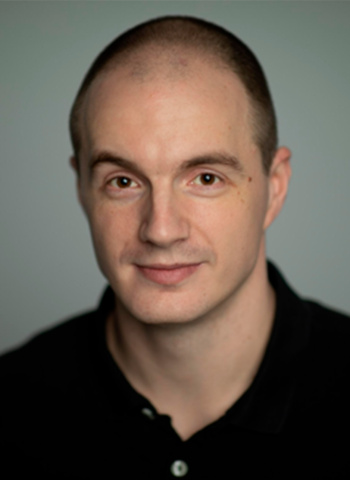
Dr. Ivan Gushchin
Executive Director
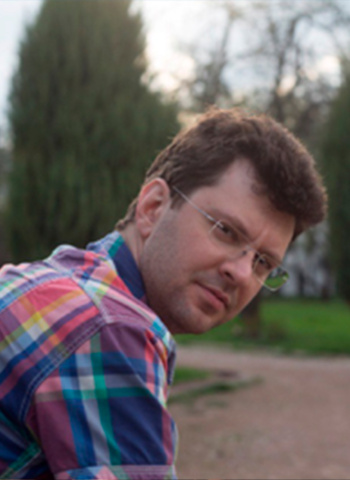
Dr. Valentin Borshchevskiy
Vice Director
Science
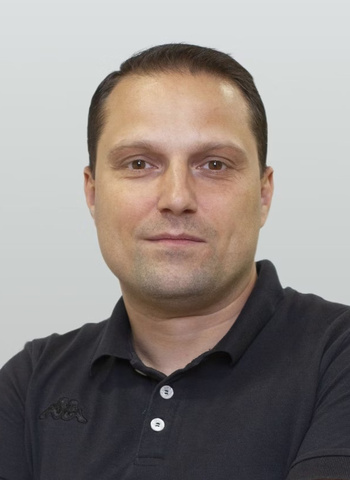
Dr. Andrey Rogachev
Vice Director
Development and Commercialisation
Research Leaders
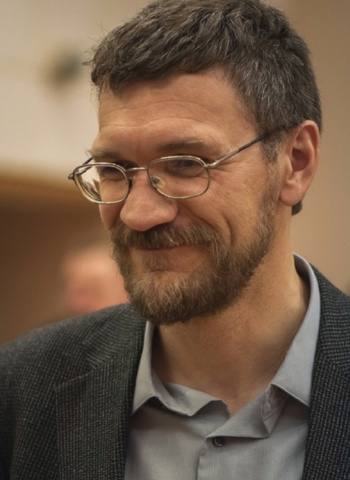
Prof. Vadim Cherezov
Head of the Laboratory
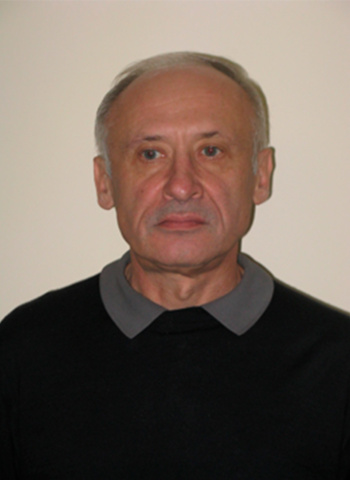
Prof. Dr. Vladimir V. Chupin
Head of the Laboratory

Dr. Ivan Gushchin
Head of the Laboratory
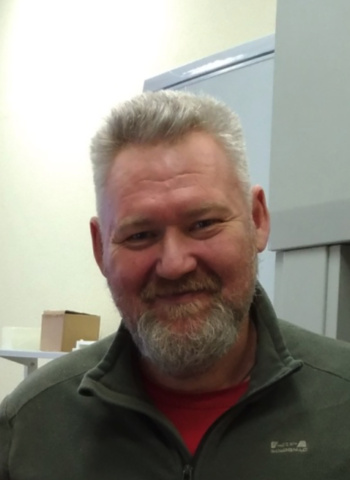
Prof. Dr. Ilia Manukhov
Head of the Laboratory
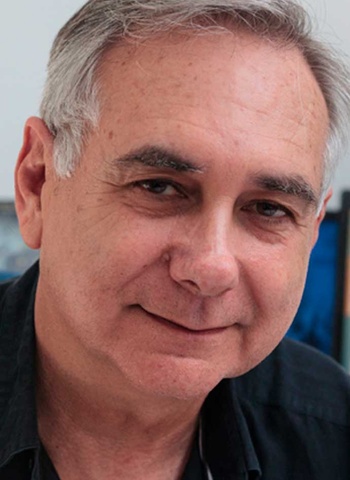
Prof. Francisco Rodriguez-Valera
Head of the Laboratory
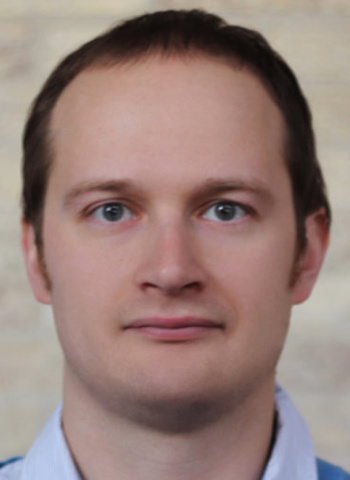
Prof. Dr. Albert Guskov
Head of the Laboratory

Dr. Valentin Borshchevskiy
Head of the Laboratory
Partners
We are currently searching for partners interested in funding innovative science in order to bring new products to the market and create long-term value and benefit to stakeholders. With fundamental research in the background we are able to construct partnerships which will accelerate the flow of projects from the discovery stage to therapy worldwide.
Our Strategic Partners

Forschungszentrum Jülich GmbH
(FZJ, Jülich, Germany)
is a research center, provides research services in the areas of health, energy, climate, and information technology for customers all over the world. It offers research in various disciplines: brain as a control center, neurostimulators, brain pacemaker, attention deficit disorders, diagnosing tumors, and biotechnology; environmentally friendly power plants, fuel cells, photovoltaics, nuclear fusion, safe disposal of nuclear waste, climate research, bioeconomy, plant research, and terrestrial systems; and supercomputer, simulation sciences, spintronics, bioelectronics, novel chip structures, and resistive storage. The company is based in Jülich, Germany. Forschungszentrum Jülich GmbH operates as a subsidiary of Helmholtz Association of German Research Centers.

University of Southern California
(USC, Los Angeles, USA)
is a private, non-profit research university established in 1880 and located in Los Angeles. More than 35,000 students from 110 countries study at the university at one time. The University of Southern California is home to research centers and institutes that conduct research in the arts, humanities, social and natural sciences, technology, and engineering. USC spends more than $650 million on research and is among the ten largest private universities that support research activities at the federal level.

French Institute for Research in Computer Science and Automation
(INRIA, Grenoble, France)
is a national research institute in France that works in the field of computer science, management theory and applied mathematics. INRIA is controlled by the French Ministry of National Education, as well as the Ministry of Economy, Finance and Industry. The organization employs 1300 researchers, 1000 Ph.D. students and 500 postdocs.

iHuman Institute
(Shanghai, China)
is a modern international research institute located on the territory of Shanghai University of Technology. It is focused on the research of biochemical signal transmission in human cells and unites various scientific approaches and tools for its research, as well as attracts the world's leading experts. The iHuman institute has scientific and research groups in the field of chemical and cellular biology, chemistry, the research of antibodies, computational chemistry, imaging, structural biology, systems biology, and translational biology.






